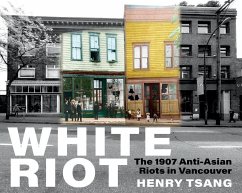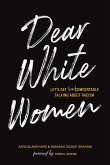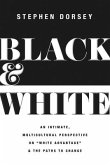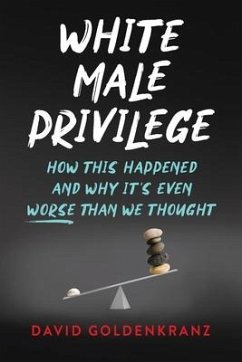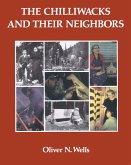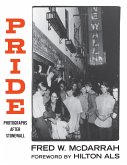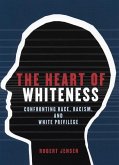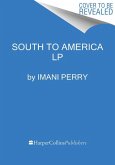Essays and photographs that document the anti-Asian riots of 1907 in the context of contemporary anti-Asian sentiment. White Riot: The 1907 Anti-Asian Riots in Vancouver explores the conditions leading up to and the impact of a demonstration and parade in Vancouver, Canada, organized by the Asiatic Exclusion League and the ensuing mob attack on the city's Chinese Canadian and Japanese Canadian communities. Emblematic of a systemically racist era, White Riot reveals the social and political environment of the time, when racialized communities were targeted through legislated as well as physical acts of exclusion and violence. Based on 360 Riot Walk, a 360-degree video walking tour by artist and author Henry Tsang, White Riot offers an intersectional approach to this pivotal moment in the history of racialized communities and a cultural and social context for understanding for the current wave of anti-Asian sentiment. It features photographs of the riots colourized by Tsang as well as those of contemporary Vancouver where the riots took place. Essays by Tsang and others speak to the colonial times that preceded and followed the 1907 riots, as well as issues that Chinese and Japanese communities (and other racialized communities) in North America are facing today. White Riot poses the question: in the current ethos of anti-racism and decolonization, what does it take to reconcile our collective histories within the legacy of white supremacy?

